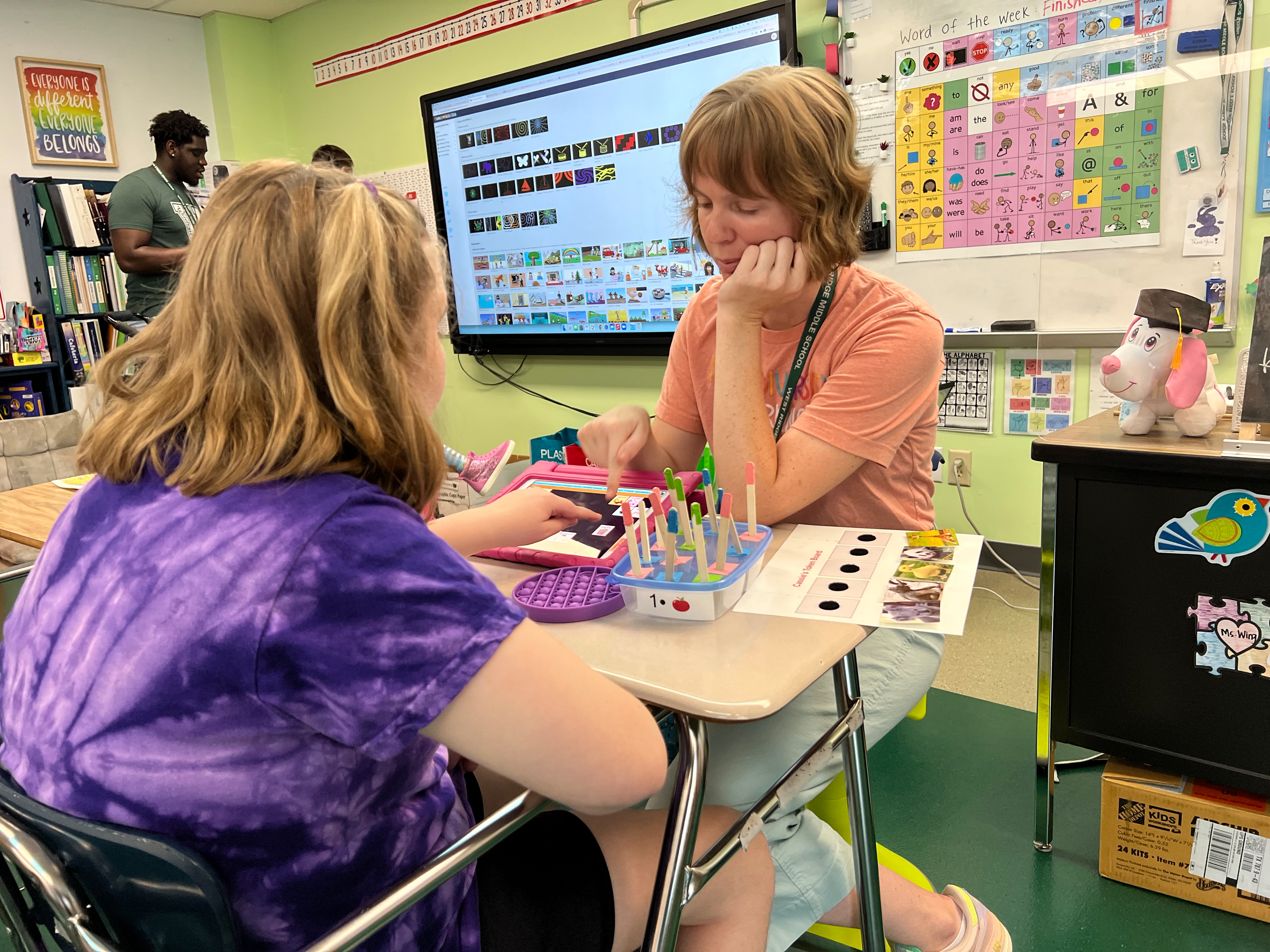Special Education in Nonpublic Programs

A local education agency (LEA) may contract for a nonpublic placement when a student’s admission, review, and dismissal (ARD) committee determines that placement is necessary for the student to receive a free appropriate public education (FAPE).
Show/hide more
The Individuals with Disabilities Education Act (IDEA) entitles a student with a disability to a free, appropriate public education in the least restrictive environment. When a student has educational needs that cannot be met in a public school setting, that student can be educated in a private school or facility, referred to as a nonpublic program, at public expense. A student’s admission, review, and dismissal (ARD) committee must determine that the school district or charter school cannot provide the student with the special education instruction and related services necessary to meet the student’s unique needs for that student to be educated in a nonpublic program.
The Local Education Agency is responsible for ensuring students placed in or referred to nonpublic schools are provided with special education and related services that meet federal and state special education program requirements under 19 Texas Administrative Code §89.1092 (for nonpublic residential placements), and 19 TAC §89.1094 (for nonpublic day placements). Placement in a nonpublic school is considered a more segregated educational environment than placement in a public school setting. Federal regulations and State Board of Education/Commissioner’s rules protect the rights of students in such placements. Nonpublic schools that provide special education are monitored by TEA to ensure compliance with federal and state standards.
Announcements and Updates
Apex Applications
The 2025-2026 APEX application opened for beginning-of-year submissions on 9/2/2025. The beginning-of-year submission deadline (for continuing placements, summer placements, and beginning-of-year placements) was 10/3/2025. All other APEX applications are due within 30 days of student placement/change of placement.
Newsletter
Program Guidance
APEX Application
Nonpublic Funding
Funding Explanations
Residential Reimbursement
Nonpublic Programs
Nonpublic Monitoring
Reintegration Planning
Reintegration Planning Guidance



 Preliminary Approval Guide
Preliminary Approval Guide